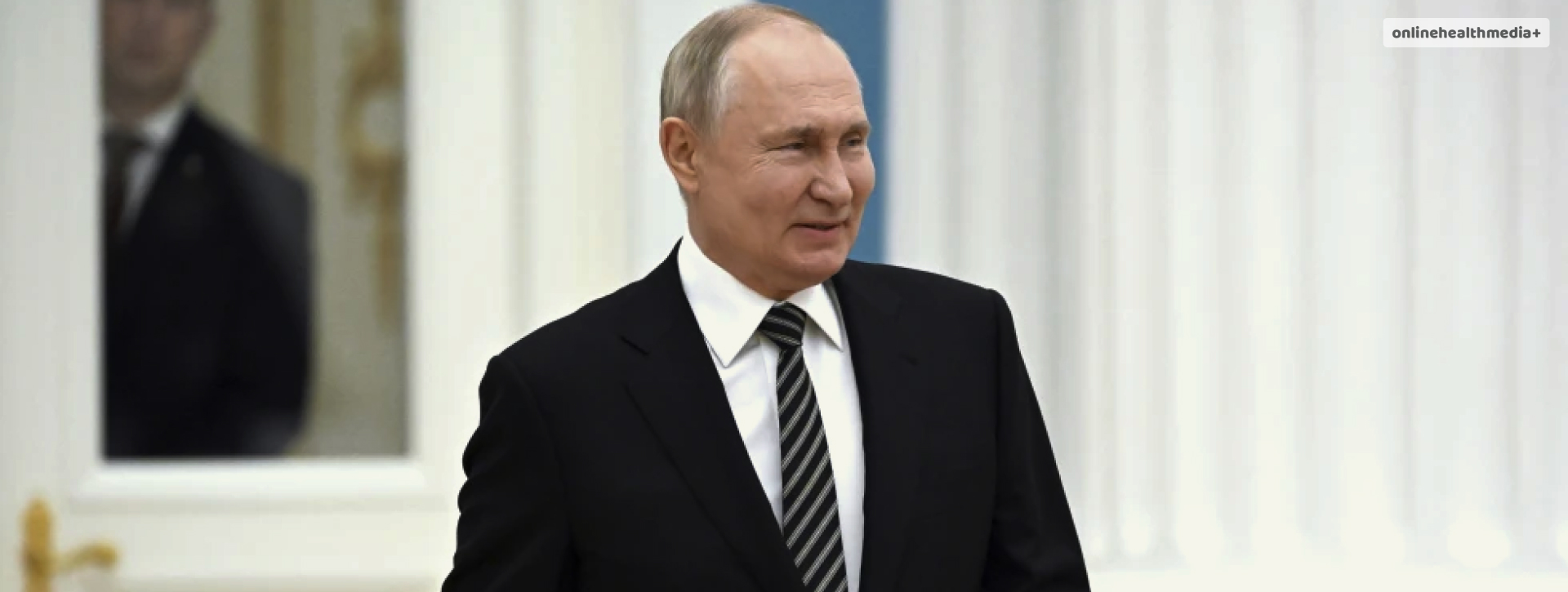The Spread of Baseless Claims about Putin’s Health: A Cautionary Tale.
In recent days, a sensational claim regarding Russian President Vladimir Putin’s health has reverberated across the global media landscape.
The allegation, which suggested that Putin had suffered a heart attack, originated from an anonymous account on the messaging platform Telegram (Source: AP News).
This account, despite its anonymity and lack of substantiating evidence, managed to attract hundreds of thousands of views.
Notably, the Kremlin swiftly dismissed the claim as a “hoax,” and no verified reports from Russia supported this assertion.
The concerning aspect of this incident is not the unverified nature of the information itself but the manner in which it propagated across various news outlets and social media platforms.
Misinformation researchers caution that the account responsible for disseminating this claim lacks credibility and has previously circulated baseless assertions about Putin’s health.
This situation serves as a stark reminder of the perils associated with seeking information on loosely moderated platforms like Telegram, which have experienced a surge in popularity, particularly in the context of Russia’s conflict in Ukraine.
The rise of social media platforms has transformed the way information is shared and consumed worldwide. While these platforms offer unparalleled speed and reach, they also present significant challenges in terms of the authenticity and reliability of the information disseminated. The case of Putin’s alleged heart attack exemplifies this.
In the age of instant communication, a single anonymous account can trigger a global chain reaction of news coverage and discussions.
The lack of accountability associated with such accounts can lead to the unchecked spread of unverified or even false information.
This incident serves as a stark illustration of the risks that come with relying on unvetted sources and platforms that lack rigorous editorial oversight.
In the era of information overload, the role of fact-checking and responsible journalism is more critical than ever.
Reliable news outlets and journalists have a vital responsibility to verify claims before disseminating them to the public.
Unfortunately, in the digital age, the hunger for breaking news can sometimes outpace the need for thorough verification.
This case involving Putin’s health underscores the importance of maintaining a skeptical and discerning approach when confronted with sensational claims, especially when they emerge from sources lacking transparency and credibility. A healthy skepticism can act as a shield against the inadvertent perpetuation of baseless assertions.
Also Read
- How To Have A Fit And Healthy Pregnancy.
- 10 Ways Chiropractic Care Can Enhance Your Health.
- How Soon After Unprotected Intercourse Can I Test For Pregnancy.



